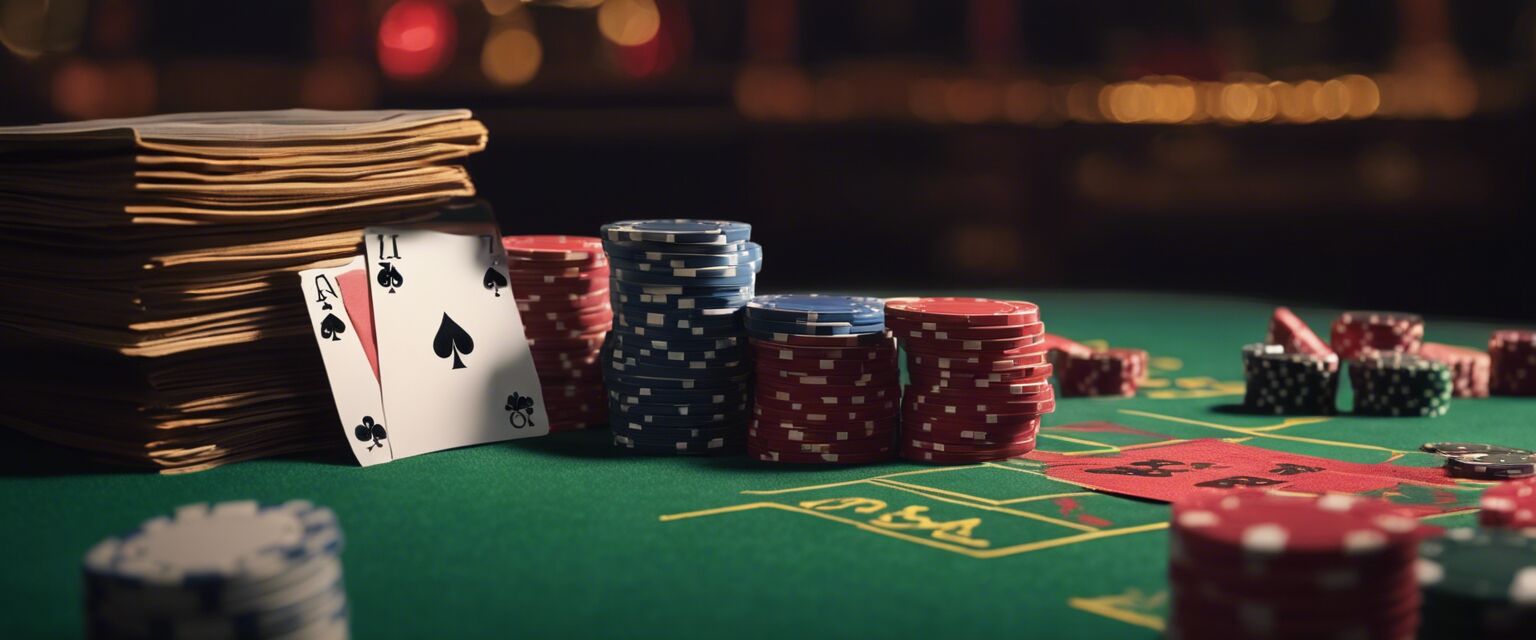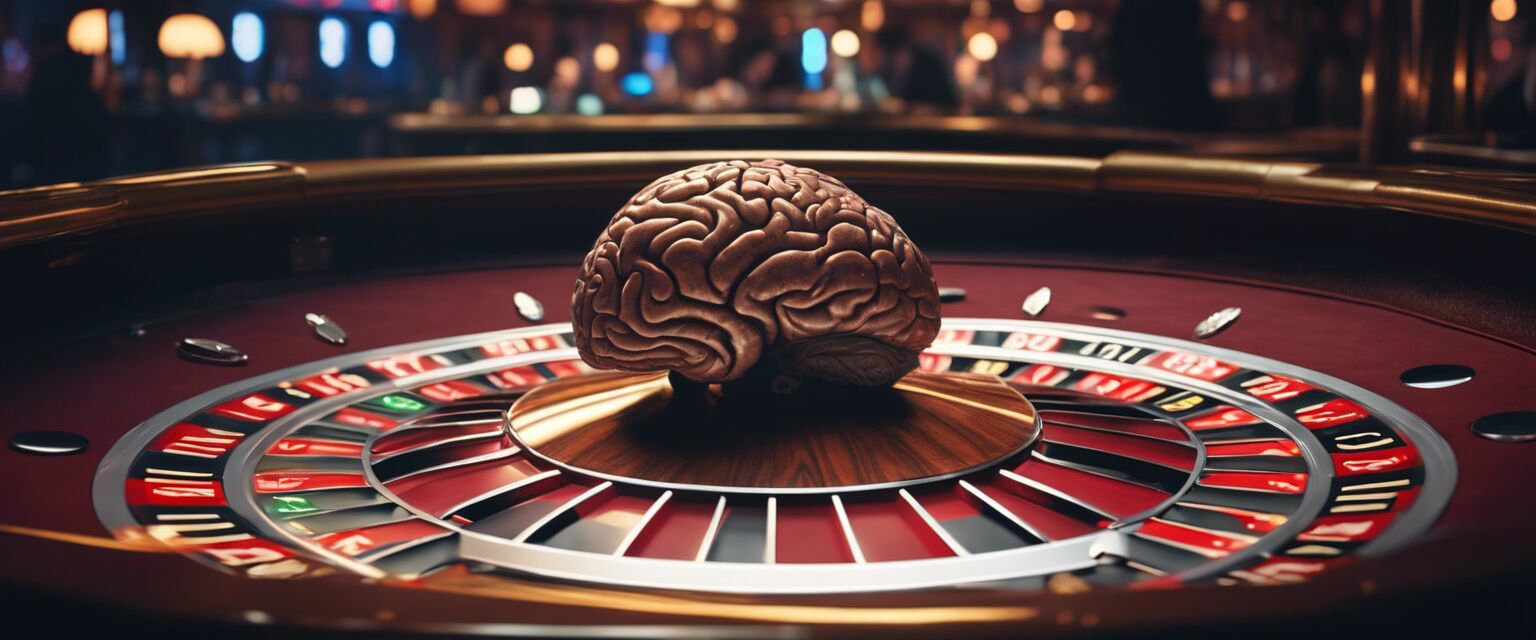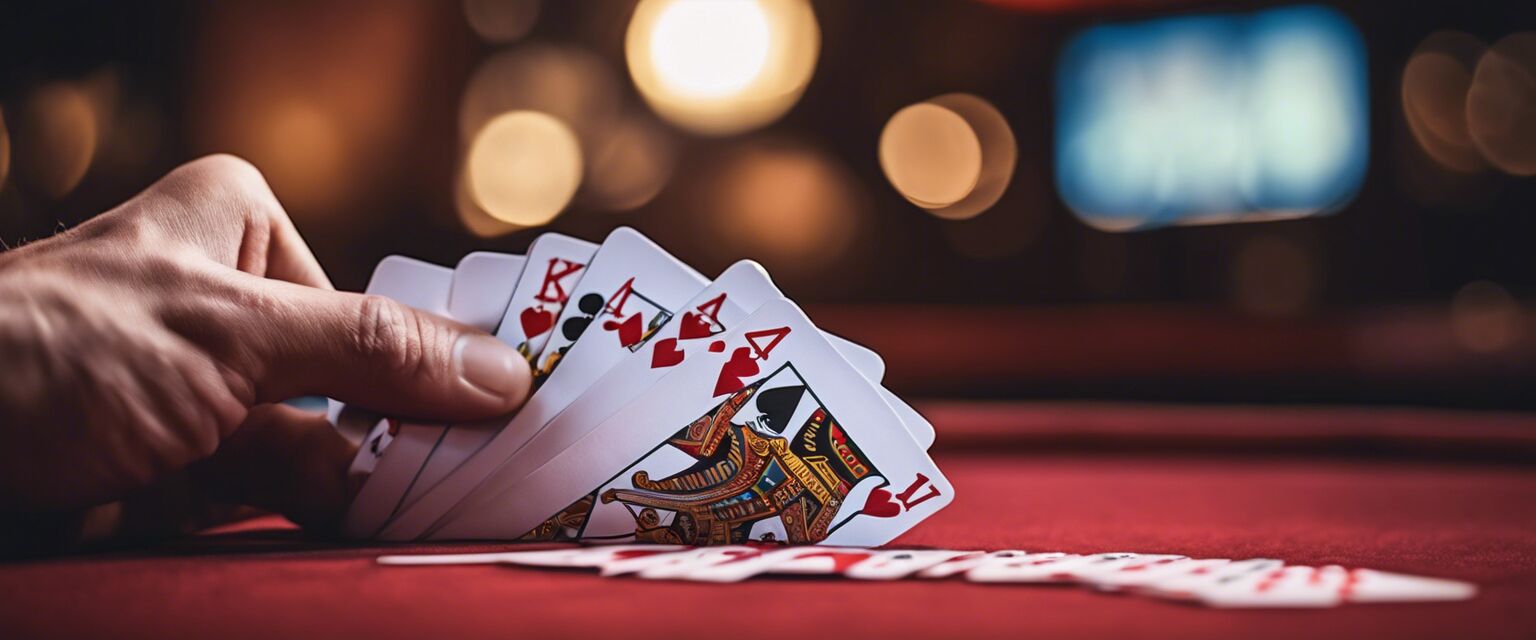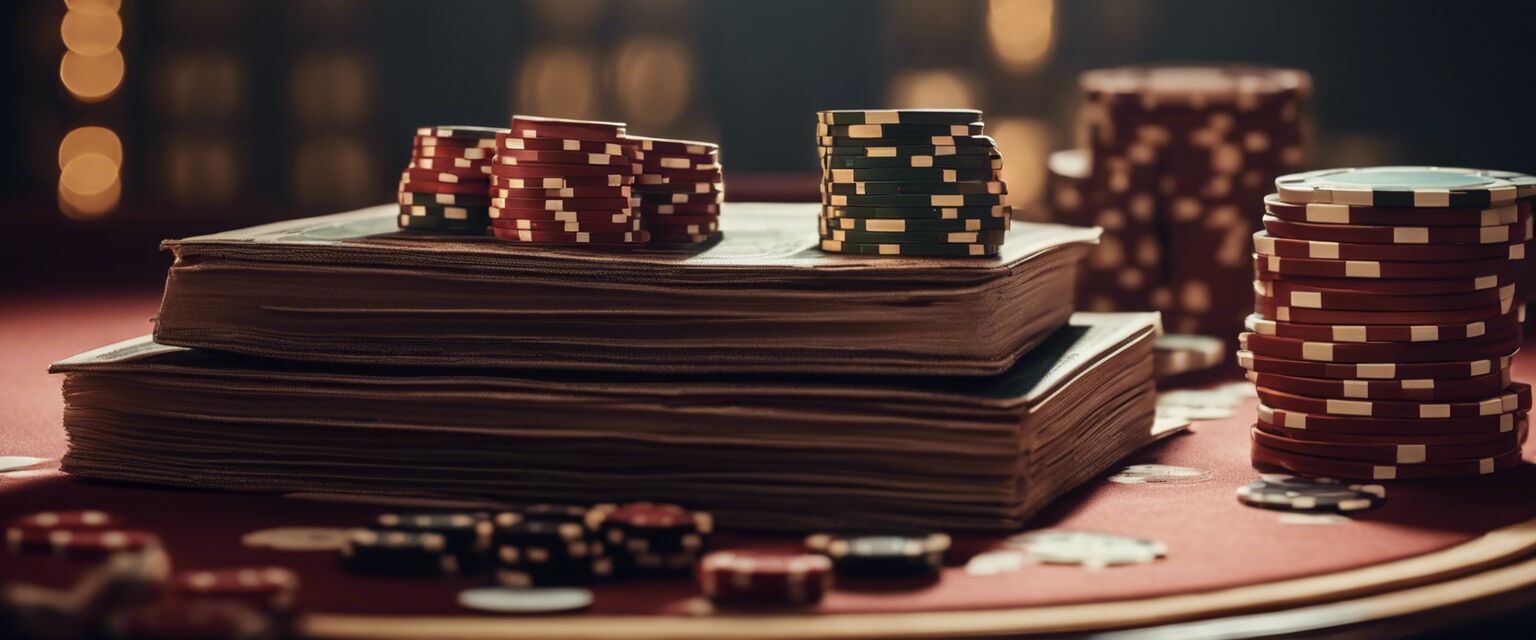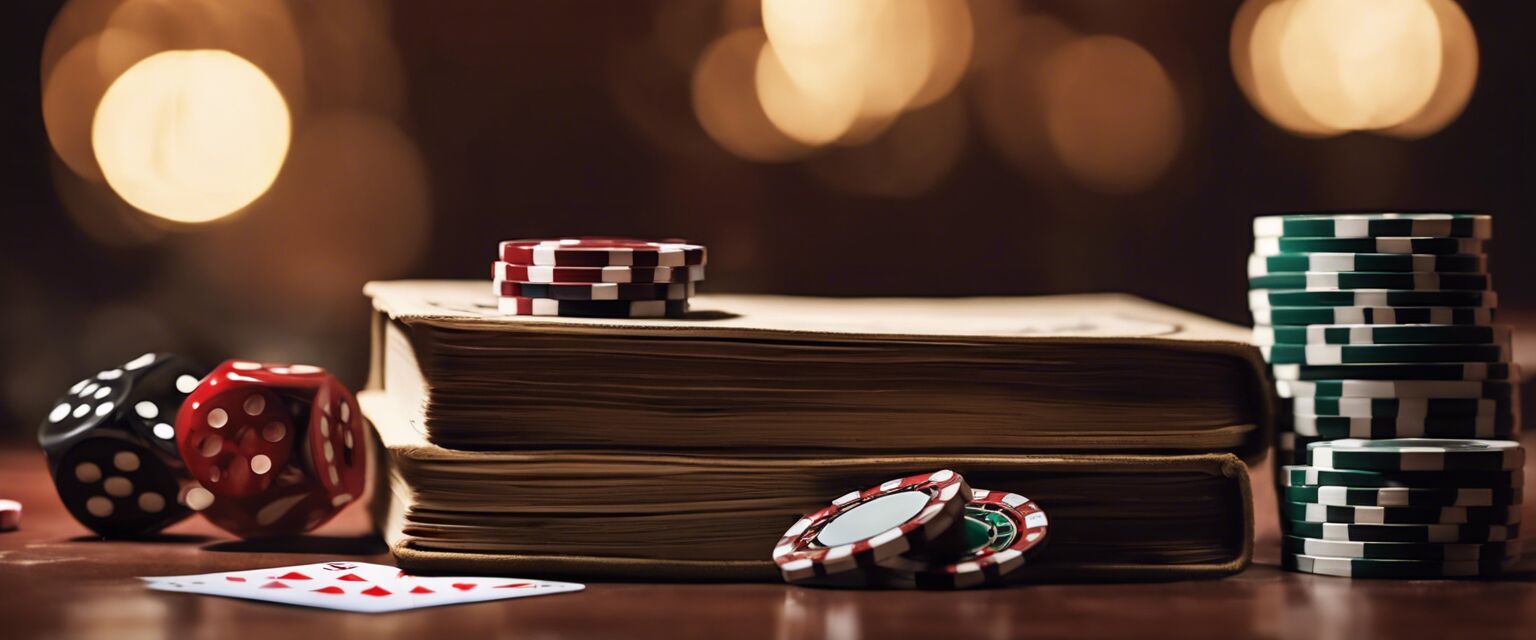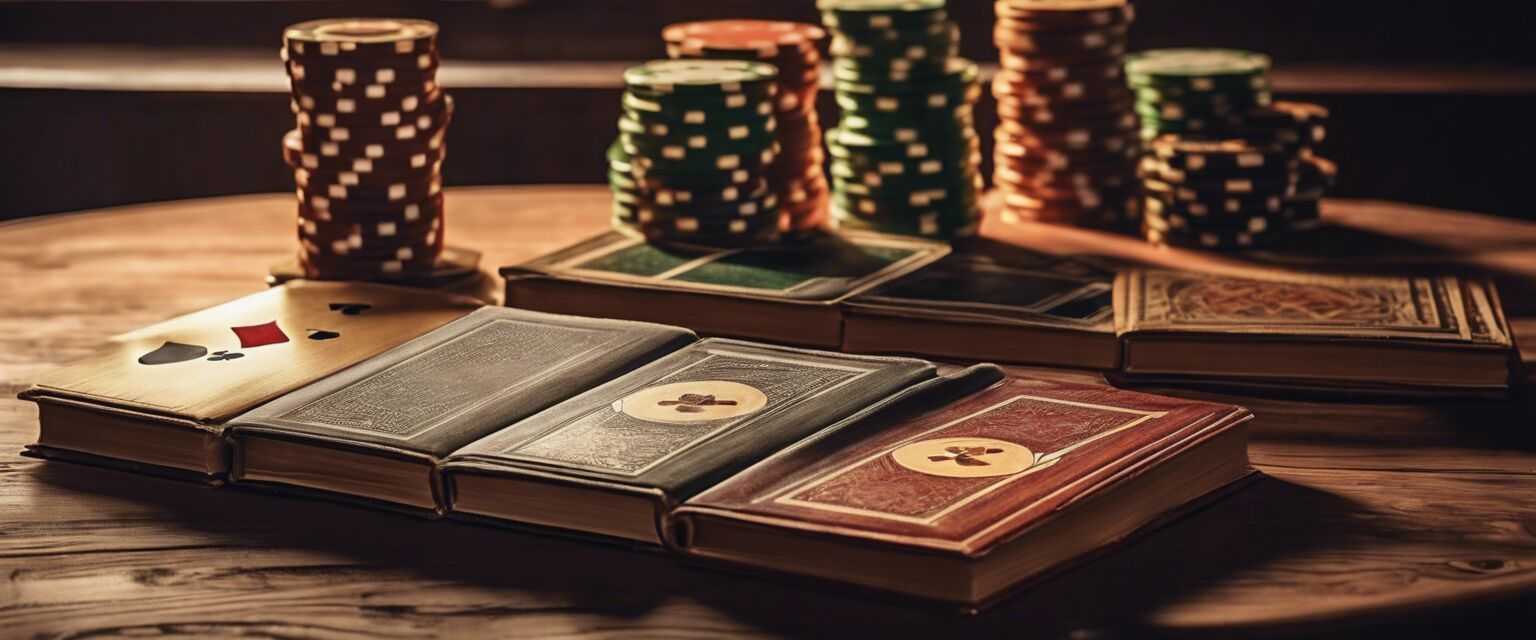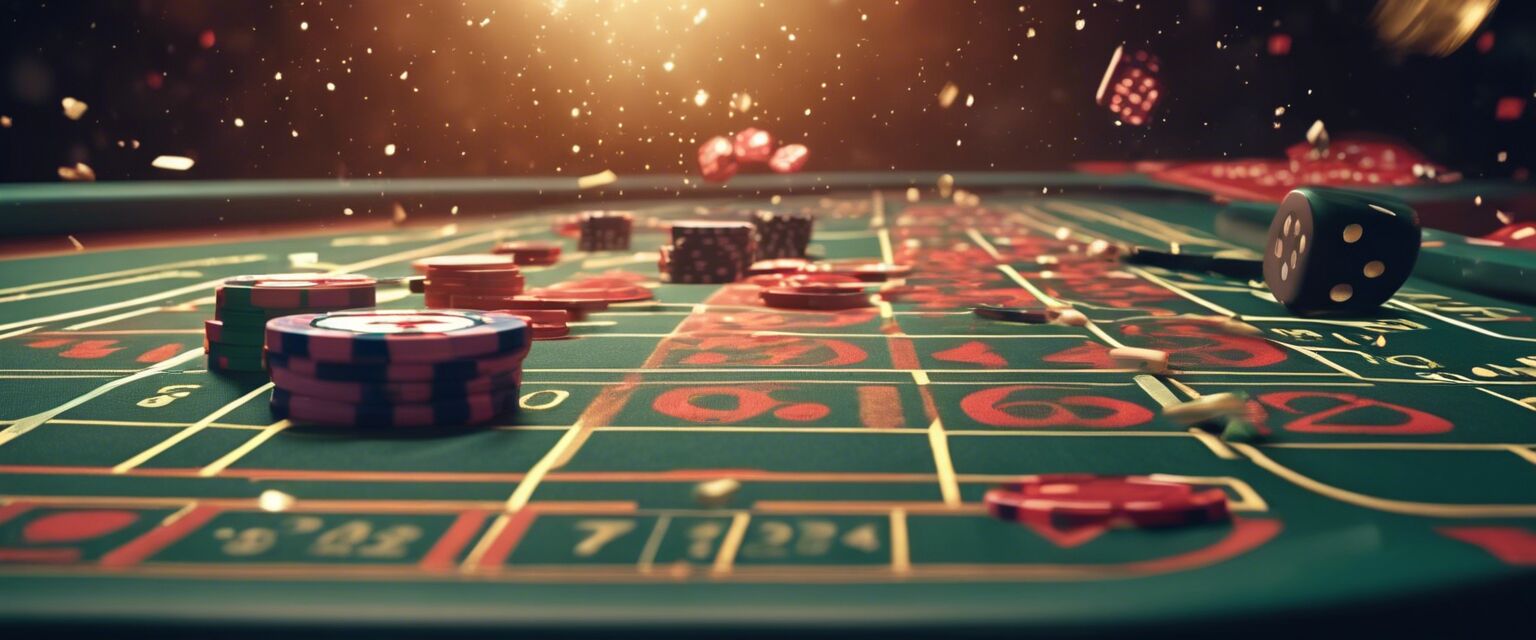
History of gambling books
Key Takeaways
- The evolution of gambling books traces back to ancient civilizations.
- Books about gambling embody mathematical, psychological, and strategic insights.
- Memoirs of professional gamblers offer personal experiences and technical advice.
- Modern gambling literature bridges historical perspectives and contemporary strategies.
The history of gambling books is rich and diverse, reflecting the evolution of gambling practices across different cultures and eras. From early texts that outlined the rules of games to modern strategy guides, the literature surrounding gambling has changed dramatically. This article will explore the various phases of gambling literature, showcasing key developments and influential works that have shaped our understanding of this fascinating subject.
Ancient beginnings
The earliest records of gambling can be traced back to ancient civilizations, where games of chance were played using dice, stones, and other primitive tools. The first gambling books emerged from these societies, documenting game rules and strategies.
| Era | Gambling Practices | Notable Literature |
|---|---|---|
| Ancient Egypt | Dice games and betting | Dice and Their History |
| Ancient China | Lotteries and card games | The Book of Cards |
| Ancient Greece | Chariot racing and betting | Chariot Racing Rules |
The Middle Ages and Renaissance
During the Middle Ages, gambling became intertwined with the emergence of casinos and gambling houses. The literature from this era often focused on the social implications of gambling, emphasizing morality and ethics.
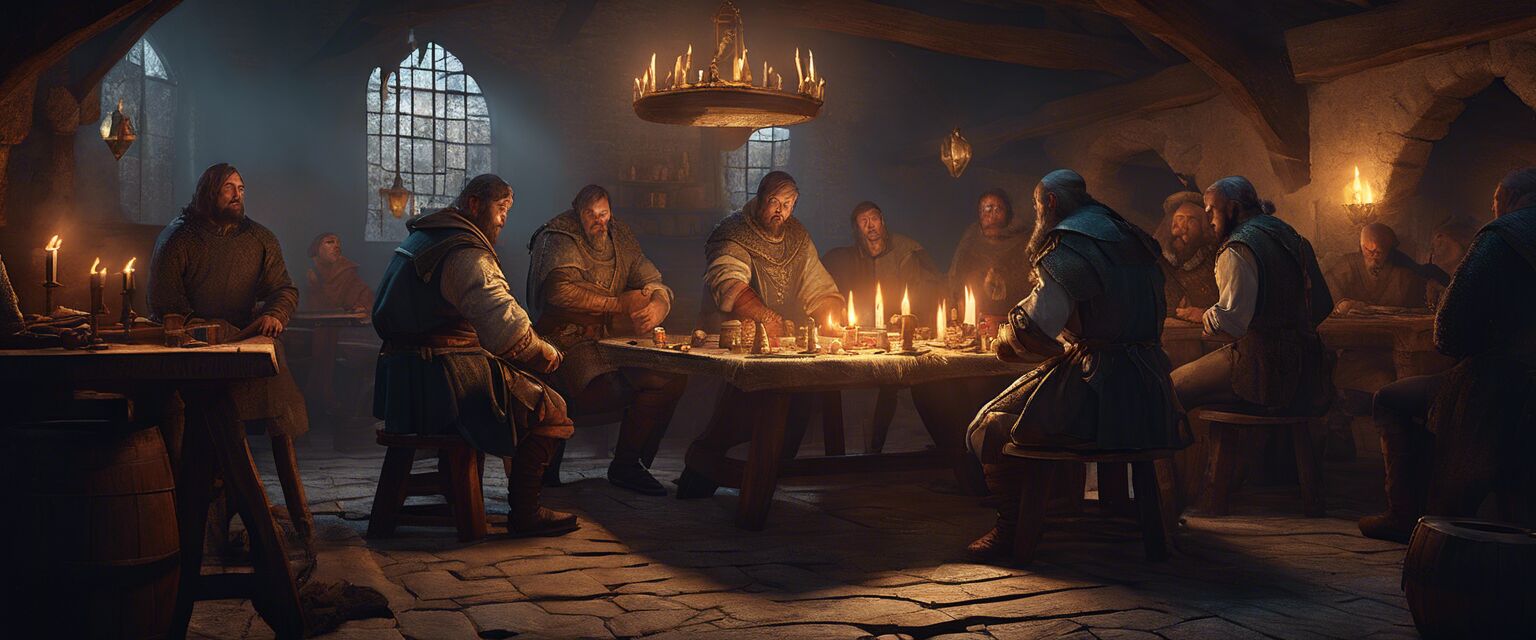
Key texts of the era
- âThe Book of Gamesâ - A comprehensive guide to various gambling games played in the Renaissance.
- âWagering Wiselyâ - Discussions on the ethics of gambling among nobility.
18th and 19th centuries: The rise of modern gambling literature
The 18th and 19th centuries saw a significant rise in gambling books focusing on strategies and mathematical approaches to games. Authors began to analyze games in-depth, giving gamblers mathematical tools to improve their chances of winning.
| Book Title | Author | Focus Area |
|---|---|---|
| The Theory of Gambling | John Scarne | Mathematical analysis of gambling |
| Gambling and Its Ethics | W. F. P. J. Moore | Social implications of gambling |
20th century: The explosion of gambling literature
In the 20th century, the proliferation of gambling literature expanded dramatically. New genres emerged, such as memoirs of professional gamblers and psychological insights on gambling behavior. These works illustrated not only the technical aspects of gambling but also the human experience behind it.
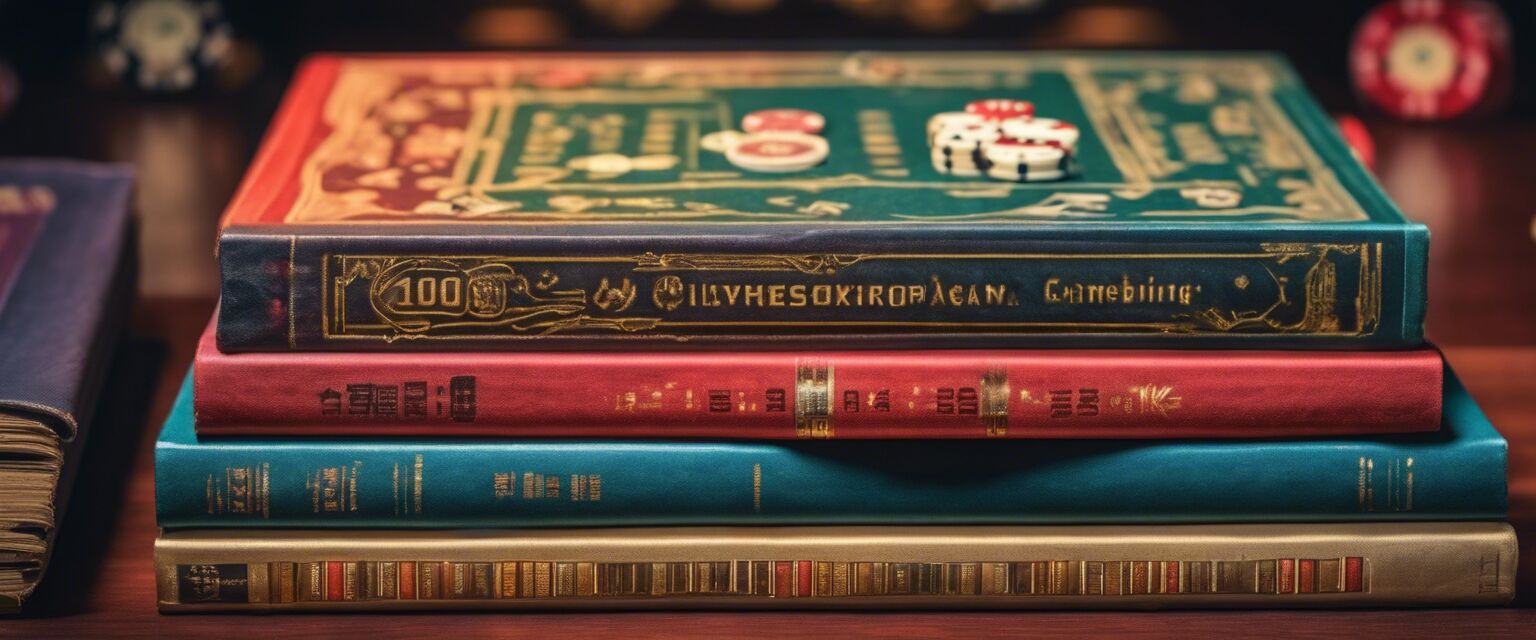
Notable authors
- John Morton - Known for his comprehensive guides on poker.
- Maria Konnikova - Explores the psychology of gambling in her writings.
Modern era: The digital transformation of gambling literature
In the modern era, the transition from traditional print to digital media has created a new landscape for gambling literature. Online resources, e-books, and blogs provide access to a wide range of information on gambling strategies and trends.
Challenges and opportunities
While the digital age presents challenges, such as misinformation, it also offers opportunities for new authors and thinkers to contribute to the field. The growing popularity of gambling also brings awareness to responsible gambling and ethical practices.
Pros
- Accessibility of gambling knowledge.
- Variety of perspectives on gambling practices.
- Encouragement of responsible gambling.
Cons
- Potential for misinformation.
- Overemphasis on gambling as entertainment.
Tips for aspiring readers
- Start with historical texts to understand the origins of gambling.
- Explore modern strategy guides to refine your skills.
- Read memoirs to gain insights into professional gambling experiences.
- Engage with online communities for diverse perspectives.
- Practice responsible reading, recognizing the difference between entertainment and reality.
Conclusion
The history of gambling books offers a fascinating lens through which to view the evolution of gambling itself. From ancient texts to contemporary digital resources, these books serve as critical tools for understanding and engaging with the world of gambling. Whether you're a seasoned gambler or just starting out, the vast array of literature available ensures that there is always more to learn and experience in this captivating domain.
Explore more on gambling
For more detailed insights, check out our dedicated sections on:
